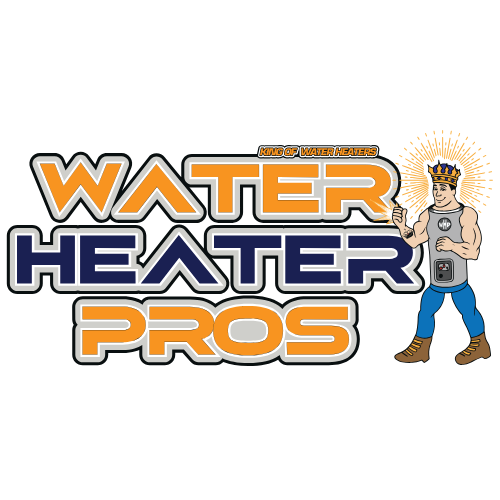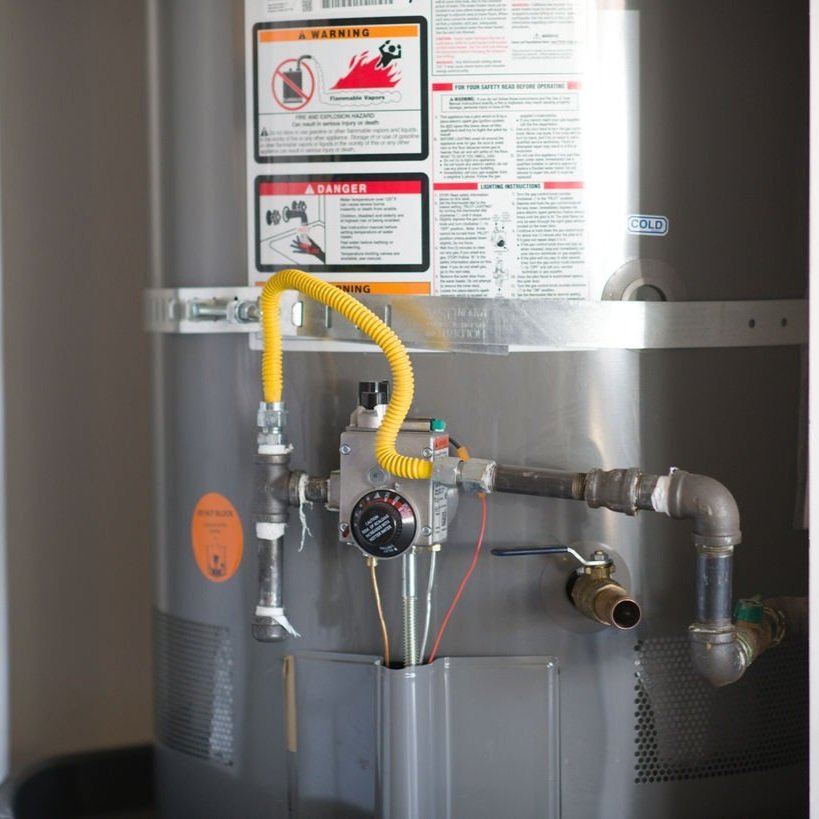A water heater’s energy factor (EF) measures its efficiency. The factor usually shows as a number between 0 and 4, with higher numbers indicating greater efficiency. The higher the energy factor, the less energy is required to heat the water. Let’s explore further details about this measure.
HOW TO CALCULATE THE ENERGY FACTOR
The energy factor is determined by dividing an appliance’s energy to heat the water by the total energy consumption during that same period. It includes:
- Recovery efficiency: Refers to the effectiveness of transferring heat from the energy source to the water.
- Standby losses: Considers the amount or percentage of heat lost per hour from stored water when the water heater is not in use or in “standby” mode.
- Cycling losses: Calculates the heat lost as water moves through the tank or intake and output pipes.
EFFICIENCY DOESN’T EQUATE TO LOW COST
Although a higher energy factor represents better efficiency, it sometimes equates to lower operating costs, particularly when comparing different fuel sources. Electric water heaters may have a higher energy factor than natural gas ones, but electricity costs more than twice as much as natural gas per heating unit. In this condition, having a natural gas-powered water heater can be a more cost-effective option, even if it has a slightly lower energy factor.
For electric heaters, multiply how much the heater uses (in kW), how long it’s running (per day and year), the current price of a kWh of electricity (visible on bills), and divide by its EF.
A similar principle applies to gas or oil heaters, using how many thermal units the tank uses and how much the material costs.
By comparing annual costs this way (or getting precise information from the professionals), homeowners can determine which heater will work best for them.
WHAT TO CONSIDER WHEN BUYING A WATER HEATER
It’s crucial to note that the energy factor alone shouldn’t be the determining criterion when buying a water heater. Other essential factors include the size and capacity of the water heater, temperature stability, recovery rate, fuel type, cost of operation and maintenance, and availability of replacement parts.
Additionally, consider one’s specific hot water needs, such as household size and frequency of hot water usage. Alternatively, look into tankless heaters, which don’t have standby losses.
The yellow Energy Label displays estimates of the water heater’s annual operating cost and energy efficiency. Compare them with other models or brands to understand which companies offer the highest quality.
WHEN TO CALL A PROFESSIONAL HELP
It’s wise to know when to call in professional assistance. If there’s uncertainty about the type of water heater that best meets the household’s hot water needs, a plumber or heating contractor can offer expert guidance.
They can recommend the appropriate size, capacity, and type of water heater based on their expertise. They can also provide insight into the numerous brands, models, and features available on the market and suggest the most energy-efficient options.
Finally, seeking professional installation services is highly advisable since an adequately established water heater prevents potential hazards or malfunctions.
Water Heater Pros provides water heater installation and replacement services for Las Vegas and surrounding area residents and businesses. Our expert technicians install both traditional and tankless water heaters for homes and other buildings with gas or electric service. We offer the highest quality installers for efficient, versatile water heaters such as Rheem. Ruud, high-efficiency tankless Navien units, and more. Ask about our installation specials.

